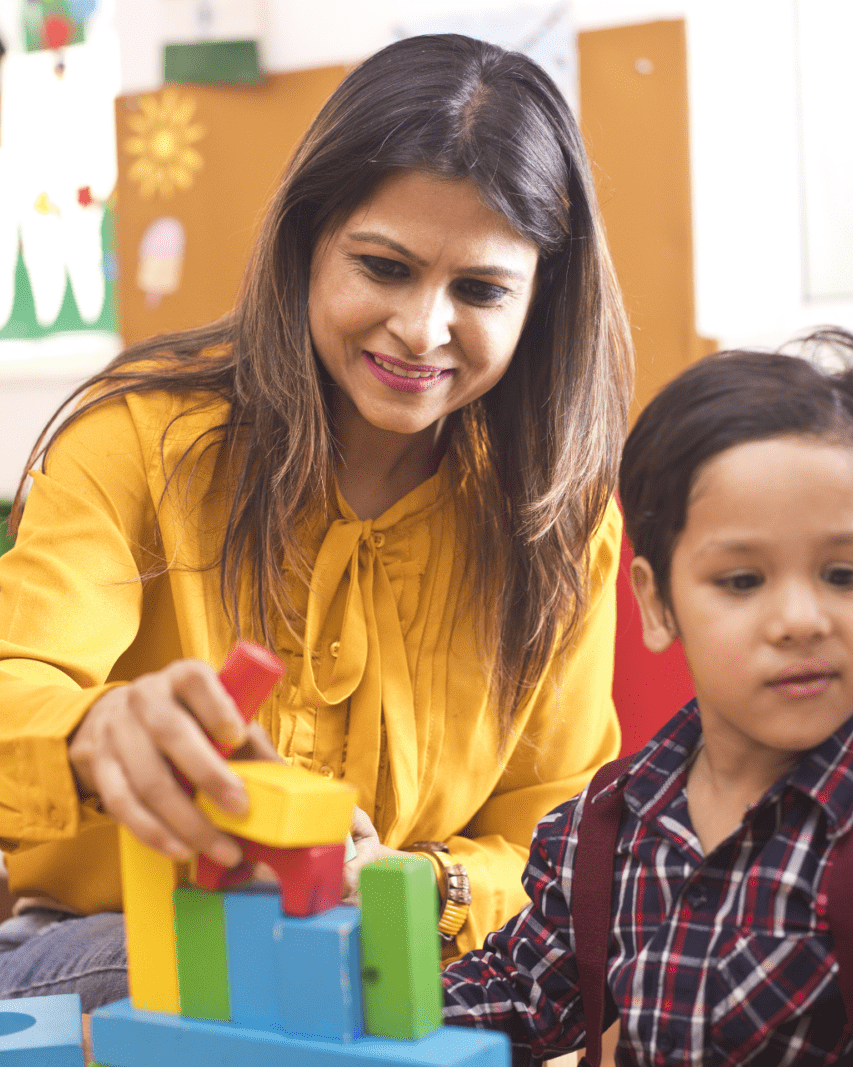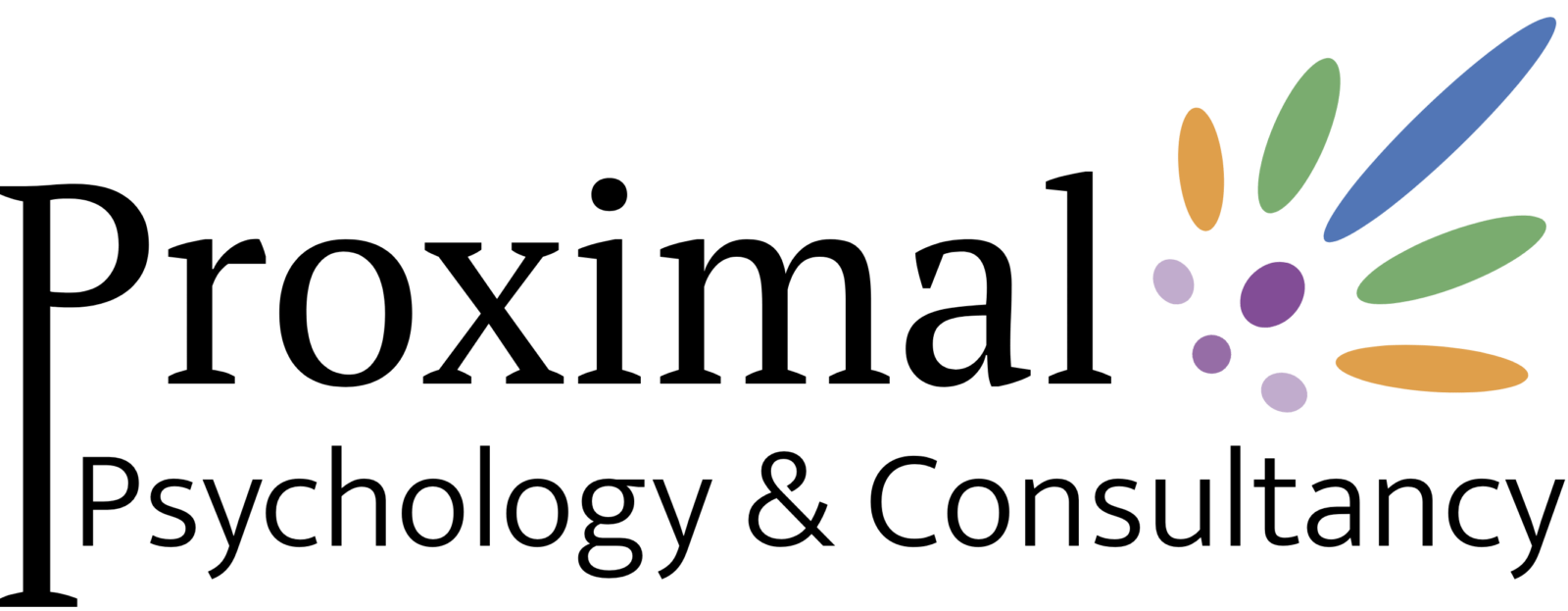About Us
Proximal Psychology and Consultancy specialize in working with some of the most vulnerable children and young people, in complex circumstances, who have often been affected by trauma. Many of the children and young people we work with have special educational needs. In contrast to a ‘child deficit’ model, our aim is to change the functioning of the system around the child in order to enable the child to develop successfully.
At Proximal Psychology and Consultancy, we provide applied psychology and specialist approaches to work with parents/carers, schools, professionals and organisations to support the needs of the children and young people in their care.
Our approach acknowledges that children and young people do not live and develop in isolation. By having an appreciation of their context and relying on a systemic perspective, we are better placed to make a meaningful difference.
95%
Stats
2010
Stats
50K
Stats
Aim 1
Lorem ipsum dolor sit amet, consectetur adipiscing elit, sed do eiusmod tempor incididunt ut labore et dolore magna aliqua.
Aim 2
Lorem ipsum dolor sit amet, consectetur adipiscing elit, sed do eiusmod tempor incididunt ut labore et dolore magna aliqua.
Aim 3
Lorem ipsum dolor sit amet, consectetur adipiscing elit, sed do eiusmod tempor incididunt ut labore et dolore magna aliqua.
Values
The name “proximal” was inspired by different psychological approaches but ultimately it was its meaning that influenced our decision to use it…by proximal, we mean “situated near the centre” or “close”, and that is exactly where we place the children, young people and families we work so hard to support.
The proximal processes that we focus on developing are the everyday close interactions between a child and their environment (e.g., playing with toys, group or solitary play, reading, learning new skills and knowledge, sports, caring for others…). Through increasingly complex interaction with parents and carers, children and young people begin to take control of their own development. This is why proximal processes have been described as the “primary engines” of human development.
We thought it would be helpful to use the acronym of our name to express our core values:

P
The work we do is psychologically informed and evidenced based.
R
Reflective practice is critical to how we develop as professionals, and as an organisation and we use it to help develop the people and services we support
O
We aim to demonstrate the impact of the work we do by incorporating an outcome focused approach
X
Xenial (friendly/hospitable) was the only word beginning with X that explains how much we value the relationships we develop with the people who we support and those who support the work we do (children, young people, parents/carers, schools, children’s homes, professionals etc.).
I
We believe that our interactions with people and things, can shape our relationships and our environment and lead to positive change.
M
The models and theories of child development we use to guide our work recognise that children do not develop in isolation so in order to invoke meaningful change, a multilevel approach is always explored
A
It is important that we are ambitious for the children, young people and families and organisations we support as well as being ambitious for our own organisational development.
L
The reason we do what we do is so every child has the opportunity to live a fulfilling life irrespective of their complex life experience.
P – the work we do is psychologically informed and based on research
R – Reflective practice is critical to how we develop as professionals, and as an organisation and we use it to help develop the people and services we support
O – We aim to demonstrate the impact of the work we do by incorporating an outcome focused approach
X – Xenial (friendly/hospitable) was the only word beginning with X that explains how much we value the relationships we develop with the people who we support and those who support the work we do (children, young people, parents/carers, schools, children’s homes, professionals etc.).
I – We believe that our interactions with people and things, can shape our environment and our relationships and lead to positive change.
M – The models and theories of child development we use to guide our work recognise that children do not develop in isolation so in order to invoke meaningful change, a multilevel approach is always explored
A – It is important that we are ambitious for the children, young people and families and organisations we support as well as being ambitious for our own organisational development.
L – The reason we do what we do is so every child has the opportunity to live a fulfilling life irrespective of their complex life experience.
Mission
“Providing specialist services to improve complex lives”
Vision
We want our children and young people to live fulfilled lives. This means understanding and adapting to their needs; supporting the families, professionals and organisations already involved; and developing our services so that we are never hard to reach.
